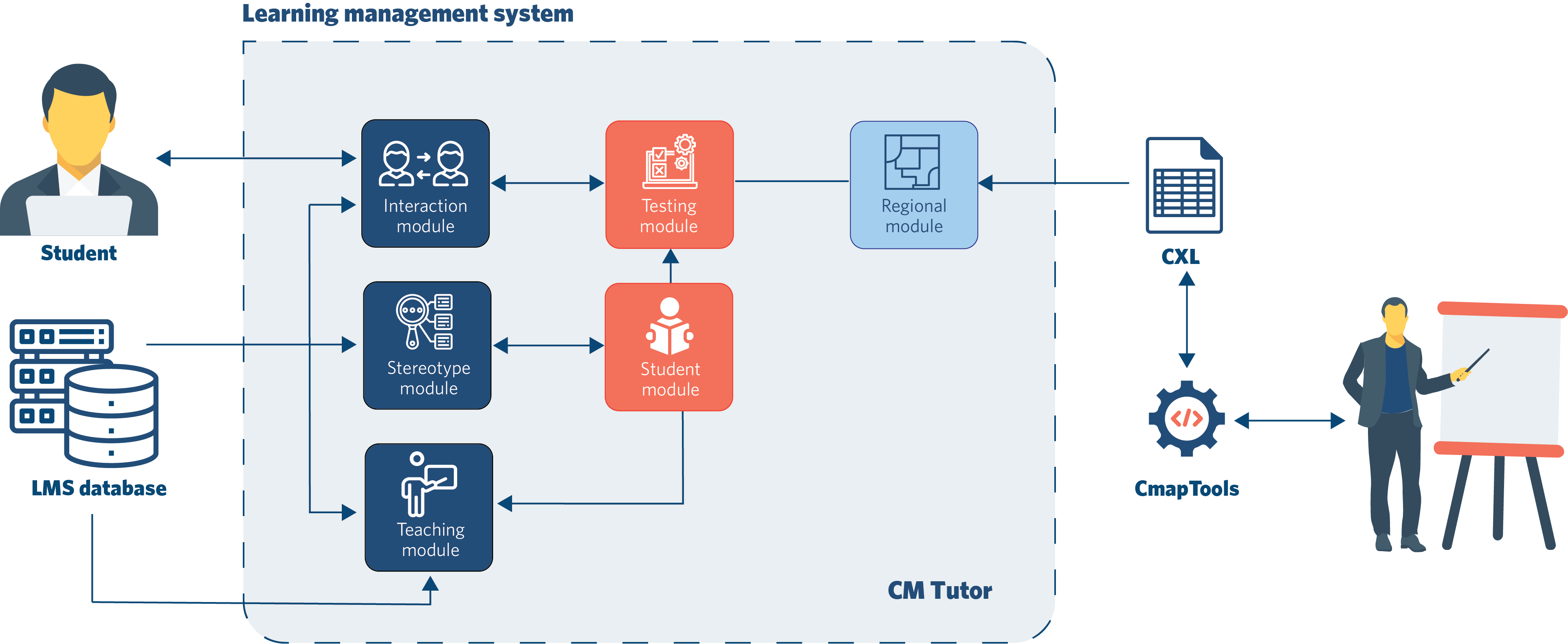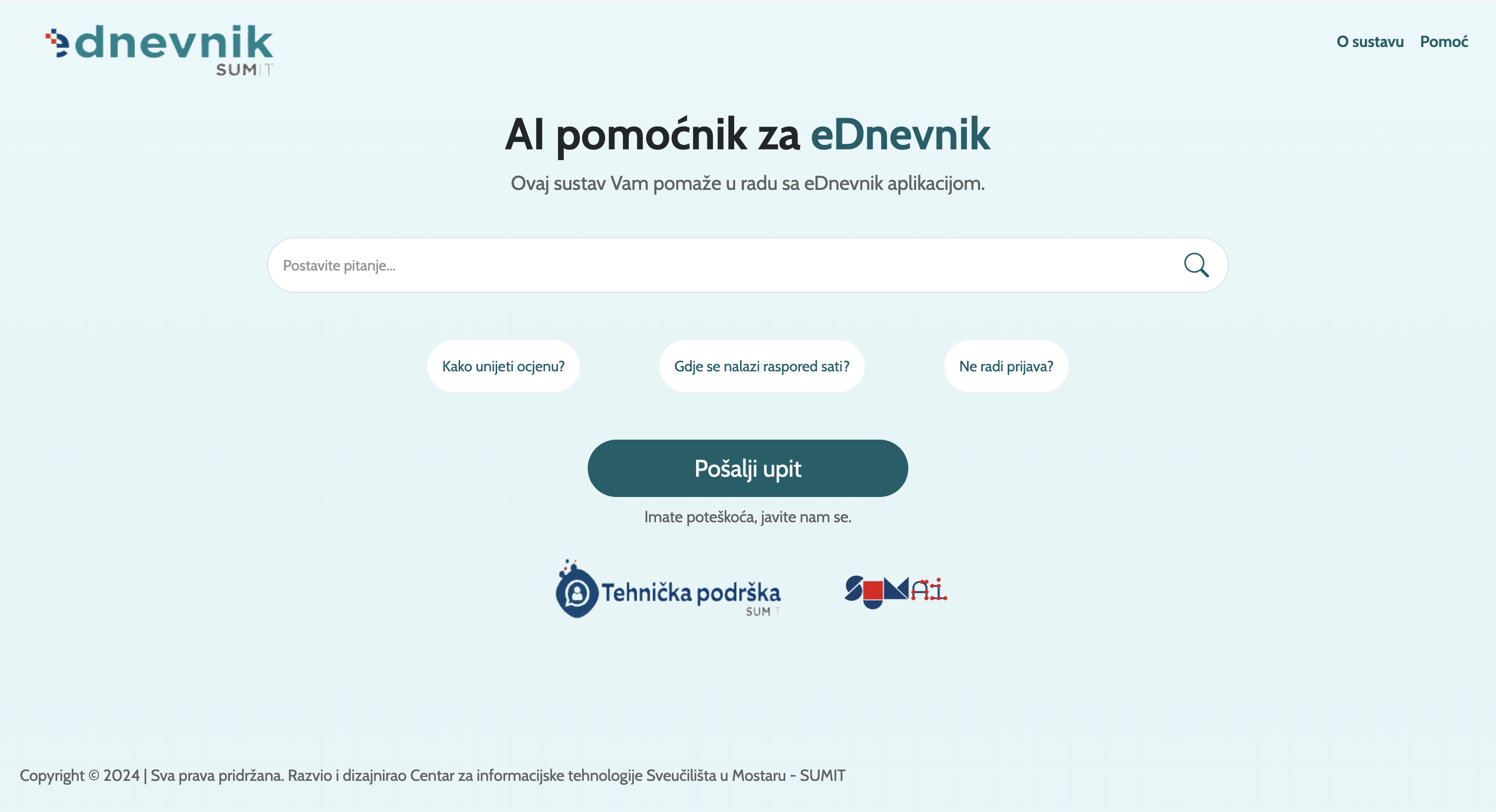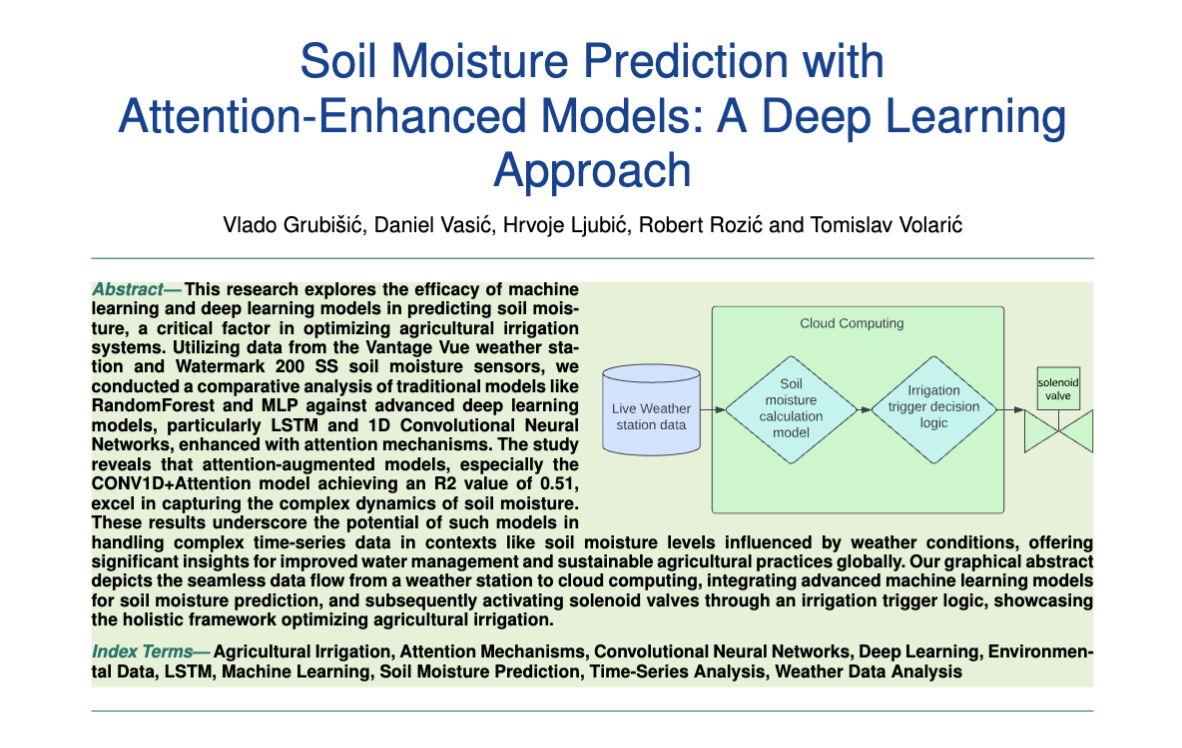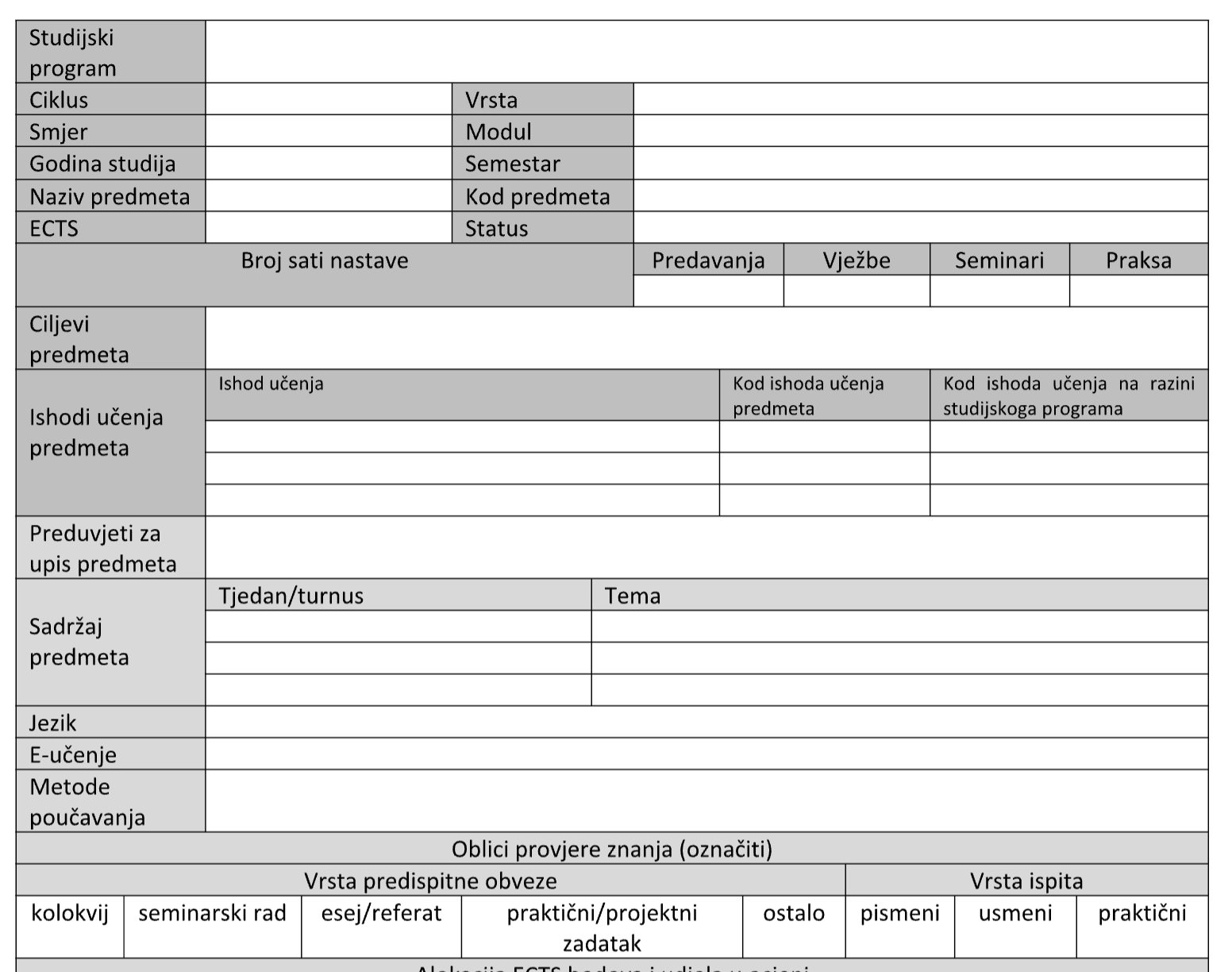The first step in eliminating academic dishonesty (in e-learning systems) is to detect fraudulent activities. There are various approaches that deal with this problem, but only few of them are based on human-computer interaction (HCI). Accordingly, we have developed a novel data acquisition model that collects information about student HCI activities. This model was applied within an open-source module, named Student Activity Tracker, available as chromium web browser extension. During the COVID-19 pandemic (in academic year of 2019/2020.), an experiment was conducted with 54 volunteer participants that performed online tests from home. As a result, 500k raw logs were collected and later processed and used to develop four machine learning models. The main contribution of this research is the proof of an obvious correlation between HCI activities and fraudulent behaviour even on such a small sample. Also, we believe that this module can help other researchers to create new data sets and build new more advanced models.
https://link.springer.com/chapter/10.1007/978-3-031-36833-2_11




